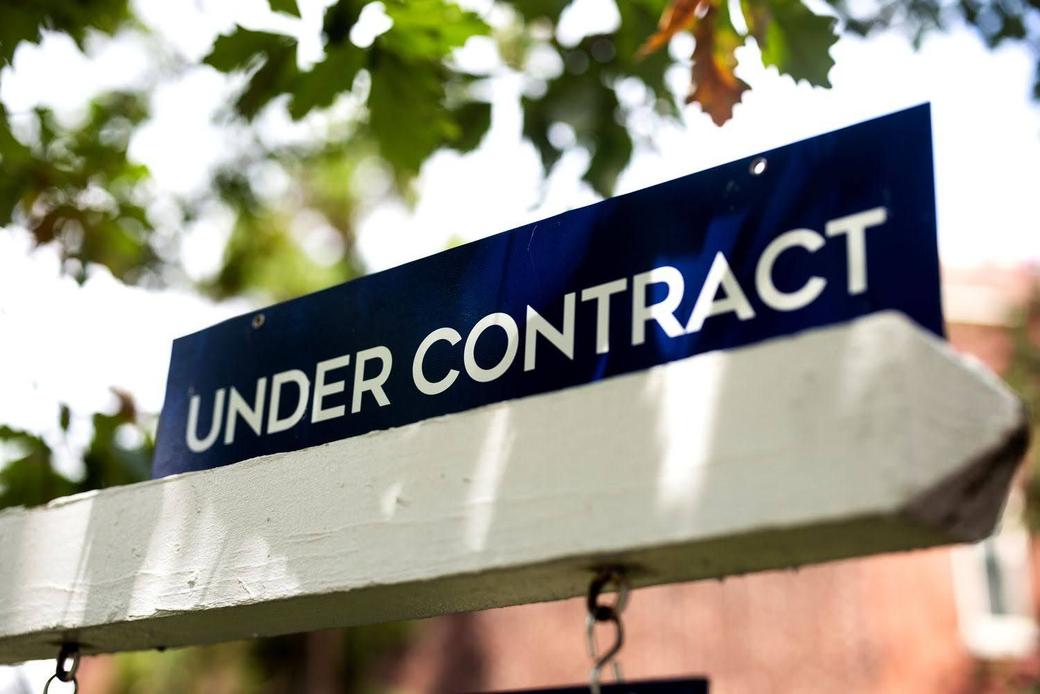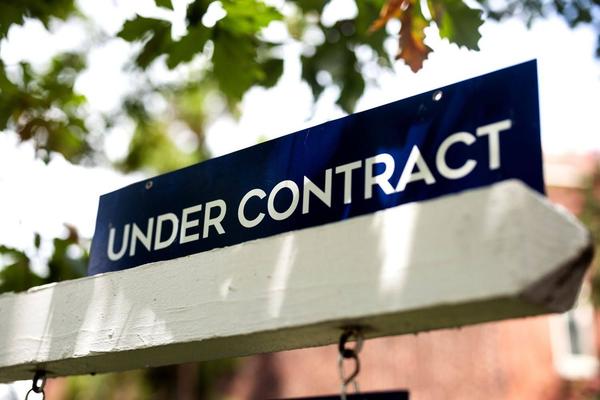What “Under Contract” Means in Real Estate

The phrase "under contract" in real estate represents a pivotal stage in the process of buying or selling a property. It indicates that a buyer and seller have reached an agreement on the terms of a sale, but the deal is not yet final. This term holds significant implications for both parties involved, as it outlines the path forward while maintaining room for contingencies and negotiations. Understanding what "under contract" means, the steps involved, and the potential challenges can empower buyers and sellers alike to navigate this stage effectively.
Definition of “Under Contract”
When a property is listed as “under contract,” it means that the seller has accepted a buyer’s offer, and both parties have signed a legally binding purchase agreement. However, the agreement is typically contingent on the fulfillment of specific conditions, such as inspections, appraisals, and financing approval. While the property is under contract, it is temporarily off the market, meaning the seller cannot accept offers from other buyers unless the contract falls through.
This stage is not the end of the transaction, as there are still steps to complete before reaching closing. The process can take several weeks, during which both parties must meet their respective obligations outlined in the contract.
Key Steps in the “Under Contract” Phase
- Earnest Money Deposit
To show their commitment to the transaction, the buyer typically provides an earnest money deposit. This deposit is held in escrow and applied toward the purchase price at closing. If the buyer fails to meet their contractual obligations, the seller may have the right to keep this deposit. - Home Inspection
After a property goes under contract, the buyer arranges for a home inspection. This step is essential to identify potential issues with the property, such as structural defects, plumbing problems, or electrical hazards. If significant issues are discovered, the buyer may request repairs or negotiate a price reduction. In some cases, the findings may lead to the termination of the contract. - Appraisal
If the buyer is financing the purchase, the lender will require a professional appraisal to determine the property’s market value. The appraisal ensures that the lender is not lending more than the property is worth. If the appraised value is lower than the agreed purchase price, the buyer and seller must renegotiate or find a way to bridge the gap, such as the buyer contributing additional funds. - Title Search and Insurance
A title search is conducted to verify that the seller has legal ownership of the property and that there are no liens or disputes that could affect the transaction. Buyers typically purchase title insurance to protect themselves and their lenders from future claims against the property. - Finalizing Financing
The buyer works with their lender to complete the mortgage underwriting process. This involves verifying the buyer’s financial information, such as income, assets, and credit history. The lender’s approval is a critical step in moving toward closing.
Common Contingencies
The “under contract” phase often includes contingencies designed to protect both parties:
- Inspection Contingency: Allows the buyer to renegotiate or withdraw if significant issues are uncovered during the home inspection.
- Appraisal Contingency: Ensures the buyer is not overpaying for the property based on its market value.
- Financing Contingency: Protects the buyer if they are unable to secure a mortgage within the agreed timeline.
Potential Challenges
While the “under contract” phase is designed to move the transaction forward, it is not without potential hurdles:
- Inspection Issues: Significant problems discovered during the inspection can lead to negotiations or the deal falling through.
- Low Appraisal: If the property’s appraised value is lower than the purchase price, the buyer and seller must renegotiate or risk terminating the contract.
- Financing Delays: If the buyer encounters difficulties in securing financing, it can delay or jeopardize the transaction.
Tips for a Smooth Process
- For Buyers:
- Stay proactive in meeting deadlines for inspections, appraisals, and financing.
- Communicate regularly with your agent and lender to address issues promptly.
- Be prepared to negotiate if unexpected challenges arise.
- For Sellers:
- Ensure the property is in good condition before listing it to avoid significant issues during inspection.
- Maintain flexibility and willingness to negotiate when necessary.
- Work closely with your agent to ensure all contingencies are met on time.
What Happens If the Contract Falls Through?
If any contingencies are not met, or if either party fails to fulfill their obligations, the contract may be voided. In such cases, the property is typically returned to the market. For buyers, terminating the contract for valid reasons, such as a failed inspection or financing contingency, often allows them to recover their earnest money deposit. However, if the buyer defaults without justification, the seller may have the right to retain the deposit as compensation.
Why Understanding “Under Contract” Matters
For buyers, understanding the “under contract” phase is crucial for managing expectations and avoiding surprises. For sellers, it’s an opportunity to move closer to completing the sale while being prepared for potential negotiations or complications. By working closely with real estate professionals, both parties can navigate this phase with greater confidence and efficiency.
Recent Posts






